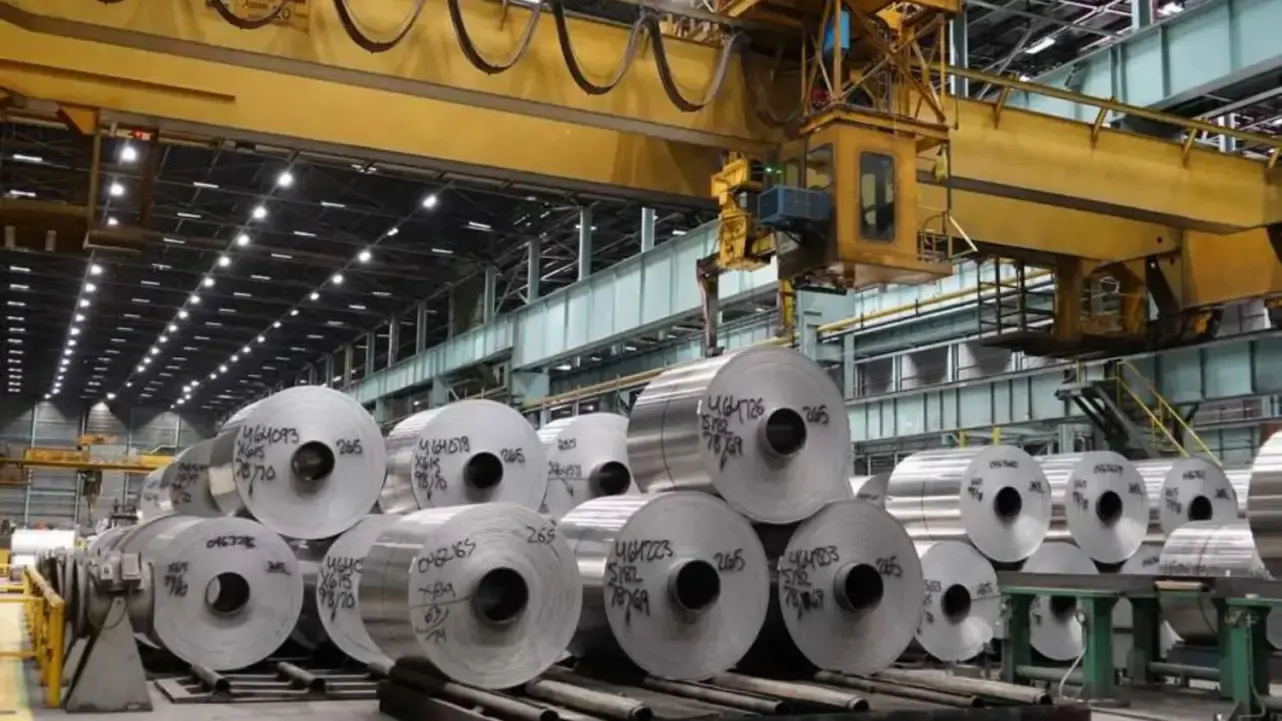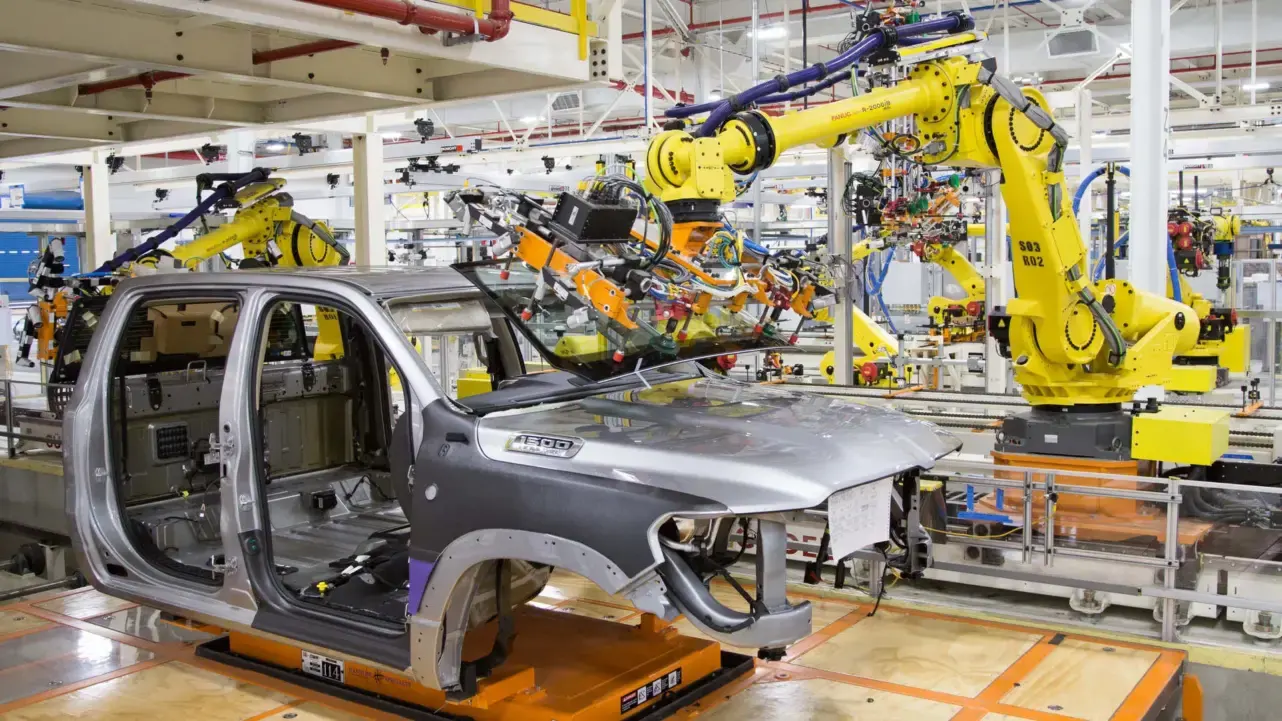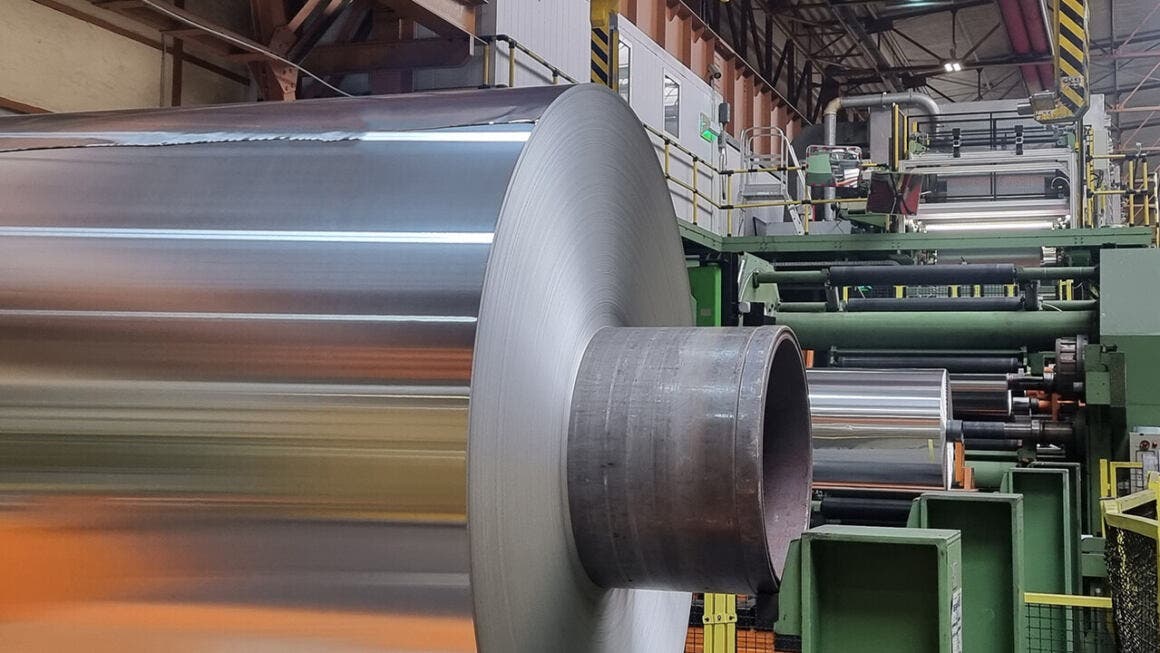It’s not every day that a single factory fire can throw multiple automakers into chaos, but the aluminum inferno at Novelis’ Oswego, New York plant is proving just how fragile “modern efficiency” really is. What started as a headache for Ford has quickly spread like molten metal to Stellantis, forcing the company to halt Jeep Grand Wagoneer production at its Warren, Michigan assembly plant.
The culprit? A shortage of aluminum body panels after September’s blaze destroyed the plant’s hot rolling mill, the part responsible for producing the thin, high-strength sheets used to sculpt everything from hoods to doors. While Ford’s massive trucks rely almost entirely on aluminum exteriors, Jeep’s Grand Wagoneer isn’t far behind. Despite its “rugged American luxury” image, its large, shiny body panels come courtesy of the same lightweight metal now in painfully short supply.

So what happens when you can’t get enough aluminum? You play favorites. Stellantis, much like Ford before it, is choosing to prioritize its breadwinner: the Ram 1500 pickup. That decision keeps the Sterling Heights line humming, because in America, no one risks angering the pickup crowd. The Wagoneer, however, will have to wait its turn for new skin.
About 40% of all aluminum sheets used by US automakers come from Novelis, which means the supply chain is stretched thinner than a rolled panel in that very mill. Ford has already admitted its own production disruptions will last at least through late October, and full recovery depends on how quickly Novelis can redirect output from its plants in Europe, Brazil, and South Korea.

As for the Oswego facility itself, don’t expect a quick comeback. Industry whispers suggest operations may limp back online sometime next year, though “normal” production could remain a fantasy well into 2026. In a just-in-time world, one spark in New York can idle an empire in Michigan.
